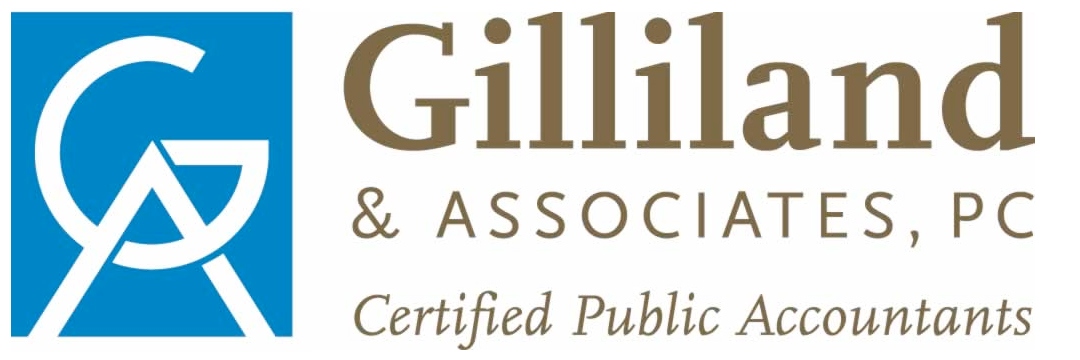Staying organized at tax time

Organizing your tax records not only makes filing your tax return easier, it also helps you find the financial documents you need throughout the year. Whether you’ve already filed your tax return or are about to, here are some tips to get organized.
Go with the flow (of your tax return)
Try organizing your records in the same order as they are required to fill out your 1040 individual tax return, using these categories:
- Income. Copies of W-2s, 1099s, Social Security statements, interest income and investment income.
- Charitable donations. Charitable donation receipts, separated by cash and noncash contributions. Include a copy of your charitable activity mileage log, if you have one.
- Medical and dental. All documents related to medical expenses. You may also include a note calculating your medical deduction threshold (which is 7.5 percent of your adjusted gross income during 2017 and 2018).
- Other itemized deductions. Proof of all other itemized deductions, including state and local tax statements, mortgage interest, casualty and theft losses, unreimbursed business expenses and other miscellaneous itemized deductions. Note that miscellaneous itemized deductions are eliminated after the 2017 tax year, but keep any records for this tax season on file.
- Business and hobby activity. Keep separate records for each hobby and business activity. Include records of related investments, expenses and mileage logs.
- Education. Records of all education expenses, including invoices, tuition, materials (including for things such as books or musical instruments) and fees.
- Investments. Records of investments in tax-advantaged retirement accounts, as well as contributions to investable accounts such as health savings accounts (HSAs) and 529 education savings plans. Also include records of capital gains and losses, particularly for tax-loss harvesting purposes.
- Odds and ends. Put all the miscellaneous receipts that don’t fit anywhere else into this file. Depending on your situation, you may be able to get tax breaks for a variety of expenses.
Bonus tips:
- How long should you keep your records? For tax filings, the IRS requires you to keep your records on hand for at least three years after you file. Some states require you to keep records longer than that, and the federal government can ask you to keep records for six years if you understate your income.
- Keep track by going digital. If keeping track of your tax records year after year sounds like a chore, at least things are easier in the digital age. You can scan your paper records and keep them digitally, but remember to keep your records backed up and secure from identity theft.
- Make a checklist. If you’re still waiting for some tax forms to arrive, go back to last year’s return and make a checklist of all the forms you received. Add items for any new accounts or vendors you added since then, and check off the forms as they arrive.
Gilliland & Associates, PC is a full-service CPA firm specializing in tax planning for individuals and businesses in the Northern Virginia area. We are based in Falls Church, VA and also service clients in McLean and Tysons Corner, VA. Gilliland & Associates is known for our superior knowledge and aggressive interpretation and application of tax laws. We help you keep more of your earnings by finding you the lowest possible tax on your business or personal tax return. You can connect with us on Google+, LinkedIn, Facebook, and Twitter.
